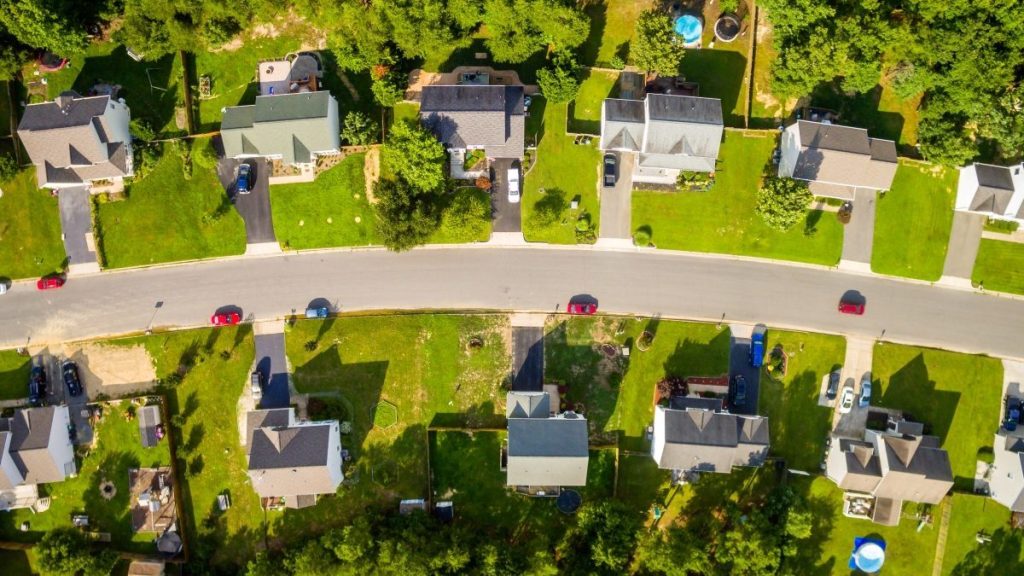After three straight quarters of declines, home purchases by investors rose 2.7% year over year in the first quarter of 2021, marking the first period of growth since the COVID-19 pandemic began, per a new study from Redfin.
Looking to take advantage of the hot housing market and a soaring stock market, investors bought about 1 of every 7 U.S. homes in the first quarter — up from the prior three quarters, in which they bought closer to 1 in 10 homes.
Investor purchases of single-family homes rose 4.8% year over year in the first quarter, outpacing growth in every other property type. They also still have the biggest market share in the multifamily sector, buying 25.8% of multifamily properties that sold in the U.S. during the first quarter.
“Investors are likely starting to feel more comfortable because the economy is in recovery mode,” said Sheharyar Bokhari, Redfin senior economist. “They also may be jumping back in because they see the intensifying shortage of homes for sale as an opportunity. With so few houses on the market, many families are resorting to rentals. Flush with cash, investors are able to snap up the homes that are available, and then turn around and rent them out to folks who can’t find a home or are priced out of homeownership.”
Redfin Chief Economist Daryl Fairweather added that housing is “a relatively safe bet right now” for investors.
“There aren’t a lot of safe bets out there right now,” she said.
Real Estate Tech that’s Redefining Homeownership
Join us for this webinar as panelists from Tavant and Douglas Elliman Real Estate unpack the trends like virtual home tours and AI-driven prospecting that are sparking a revolution in real estate.
Investor purchases of high-priced homes jumped 19.8% year over year in the first quarter. By comparison, investor purchases of mid-priced homes rose 12.7% and investor purchases of low-priced homes declined 9.2%. Sales of luxury homes, specifically, rose 41.6% year-over-year in the first quarter of 2021, crushing sales of affordable homes (7% increase) and mid-priced homes (5.9%).
Those numbers showcase both sides of the COVID-19 crisis, with affluent Americans taking advantage of low mortgage rates and the ability to work from anywhere, and buying up high-end houses — particularly in popular vacation destinations. Meanwhile, many lower-income Americans have lost their jobs and lack the means to become homeowners.
Likewise, middle- to lower-income homeowners are thinking twice about selling their home for fear of being unable to afford a new home, Fairweather said. The typical luxury home that was for sale during the first quarter spent 61 days on the market — 38 fewer days than the same period in 2020. That’s compared to 26 fewer days for expensive homes, 18 fewer days for mid-priced homes and 14 fewer days for affordable homes.
All that being said, investors still gobbled up the largest share of lower-priced homes in the first quarter, as well. One of every five low-priced homes that sold in the U.S. (20.8%) was purchased by an investor, compared to 12.5% of high-priced homes and 11.3% of mid-priced homes.
Cities with the highest market share of investor purchases in the first quarter were Miami at 23.8%, Atlanta at 22.2%, Jacksonville, Florida at 22.1%, and Charlotte, North Carolina at 21.5%.
Areas with the lowest market share of investor purchases were Providence, Rhode Island at 5.6%, Montgomery County, Pennsylvania at 7.7%, Warren, Michigan at 8%, New Brunswick, New Jersey at 8.1%, and Washington, D.C. at 8.3%.






